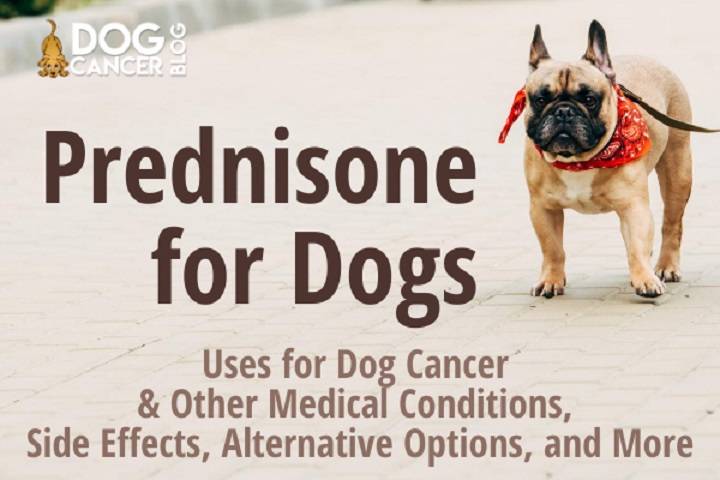Understanding Prednisone: Prednisone is a corticosteroid medication that helps reduce inflammation and suppress the immune system. It’s used to treat a range of medical conditions in dogs, but it should always be prescribed and administered under the guidance of a veterinarian.
Consult Your Veterinarian:
- Always start with a professional consultation. Your vet will determine if prednisone is the right treatment option for your dog’s specific condition.
- Discuss the appropriate dosage and duration of treatment, as these can vary based on the condition and the individual dog’s response.
Follow the Prescribed Dosage:
- Administer the medication exactly as prescribed by your veterinarian. Do not alter the dosage without their guidance.
- Use a pill cutter if necessary to ensure accurate dosing, especially for smaller dogs.
Timing and Consistency:

- Prednisone is typically given with food to minimize stomach upset.
- Stick to a consistent schedule when giving the medication to maintain its effectiveness.
Be Aware of Potential Side Effects:
- Prednisone can cause various side effects, including increased thirst and appetite, weight gain, and changes in behavior.
- Keep a close eye on your dog for any unusual symptoms and report them to your veterinarian.
Gradual Withdrawal:
- Prednisone should not be abruptly discontinued. Your veterinarian will provide guidance on tapering the dosage to prevent withdrawal symptoms.
Monitor for Adverse Reactions:
- Keep an eye out for signs of adverse reactions such as vomiting, diarrhea, or excessive lethargy. These should be promptly reported to your veterinarian.
Ensure Proper Hydration:
- Increased thirst is a common side effect. Make sure your dog has access to clean, fresh water at all times.
Dietary Considerations:
- Discuss any necessary dietary adjustments with your veterinarian, especially if your dog’s appetite and weight are affected.
Regular Vet Check-ups:
- Prednisone treatment requires ongoing monitoring. Schedule regular check-ups with your veterinarian to assess your dog’s progress and adjust the treatment plan as needed.
Be Patient:
- Some conditions may take time to improve. Stay patient and follow your vet’s recommendations.
Avoid Stress and Trauma:
- Prednisone can weaken the immune system, so take precautions to minimize your dog’s exposure to potential stressors or trauma.
Prednisone can be a valuable tool in managing various health issues in dogs, but it must be used responsibly and under the guidance of a qualified veterinarian. By following these tips, you can help ensure that your dog receives the full benefit of prednisone while minimizing potential risks and side effects. Remember, your veterinarian is your best resource for information and support when it comes to your dog’s health.


